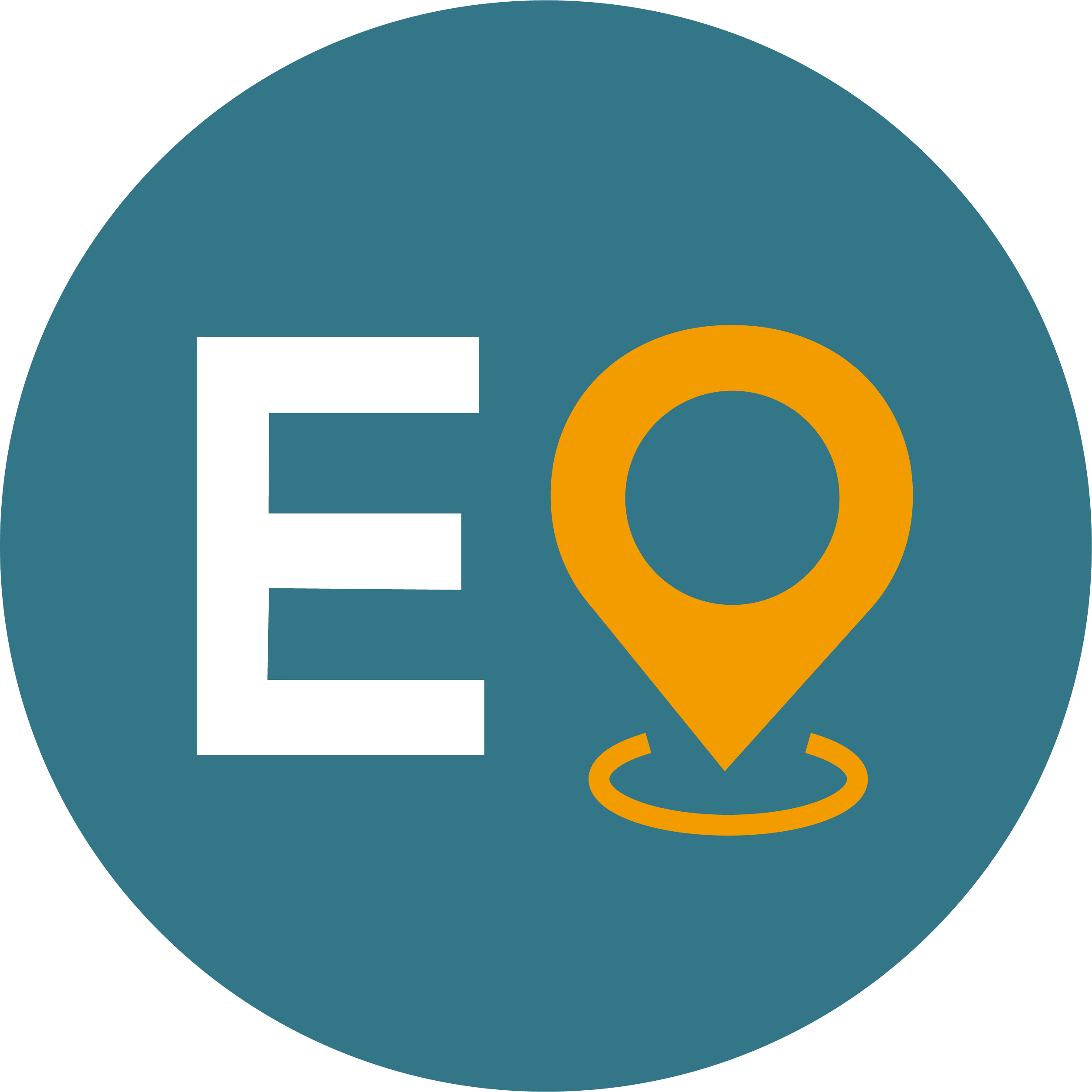
June is Pride Month, and we celebrate a month of diversity and recognition of the political, social, and historical struggles of the LGBTQi+ community. During this month we can find parades and events happening in every single city around the world. Hence, pride is an international concern that we should all be able to talk and communicate about. That is why we have put together a list of terms and English vocabulary to use during this colorful month, to discuss and learn from the LGBTQi+ community internationally. Make sure to check NYC Pride’s website too for more information and local history in our beautiful city.
Also, remember to check your NYC slang too!
Here we go…
Ally: A person who does not identify him/herself as part of the community, but shows support and fights for equality.
Androgynous: Identifying and/or presenting as neither distinguishably masculine nor feminine.
Asexual: The lack of a sexual attraction or desire for other people.
Biphobia: Dislike of or prejudice against bisexual people.
Bisexual: sexually attracted not exclusively to people of one particular gender; attracted to both men and women.
Cisgender: denoting or relating to a person whose sense of personal identity and gender corresponds with their birth sex.
Closeted: Describes an LGBTQ person who has not disclosed their sexual orientation or gender identity.
Coming out: The process in which a person first acknowledges, accepts and appreciates their sexual orientation or gender identity and begins to share it.
Fag (from ‘faggot’) was originally used just in the USA, but with time, TV, songs and movies, it’s crossed over to other English-speaking countries. It is an offensive way of calling someone gay.
Femme: Gender identity, historically embraced by lesbian or queer- identified women, who identify, stylize, and/or express themselves in a feminine manner.
Gay: A person who is emotionally, romantically, or sexually attracted to members of the same gender.
Gaydar: a gay person who is good at spotting another gay person is said to have a good gaydar (from ‘radar’).
Gender dysphoria: the condition of feeling one’s emotional and psychological identity as male or female to be opposite to one’s biological sex.
Gender-expansive: Conveys a wider, more flexible range of gender identity and/or expression than typically associated with the binary gender system.
Gender expression: the way in which a person expresses their gender identity, typically through their appearance, dress, and behavior.
Gender-fluid: Person who does not identify with a single fixed gender; of or relating to a person having or expressing a fluid or unfixed gender identity.
Gender identity: a person’s perception of having a particular gender, which may or may not correspond with their birth sex.
Genderqueer: Denoting or relating to a person who does not subscribe to conventional gender distinctions but identifies with neither, both, or a combination of male and female genders.
Gender transition: The process by which some people strive to more closely align their internal knowledge of gender with their outward appearance.
Heteronormative: This concept describes actions, institutions, ideologies, and systems that assume heterosexuality is the normal sexual orientation.
Heterosexual: Person attracted to the opposite sex. Also called straight or hetero.
Homophobia: The fear and hatred of or discomfort with people who are attracted to members of the same sex.
Intersex: An umbrella term used to describe a wide range of natural bodily variations. In some cases, these traits are visible at birth, and in others, they are not apparent until puberty. Some chromosomal variations of this type may not be physically apparent at all.
Lesbian: A woman who is emotionally, romantically or sexually attracted to other women.
LGBTQ: An acronym for “lesbian, gay, bisexual, transgender and queer.”
Metrosexual: Straight man who likes things which are traditionally (and perhaps stereotypically) connected to gays such as expensive or branded clothing, moisturizers, caring much more about his appearance, etc.
Non-binary: An adjective describing a person who does not identify exclusively as a man or a woman.
Outing: Exposing someone’s lesbian, gay, bisexual, or transgender identity to others without their permission.
Pansexual: Describes someone who has the potential for emotional, romantic, or sexual attraction to people of any gender though not necessarily simultaneously, in the same way, or to the same degree.
Polysexual: A term used to describe someone who has an enduring or continuing orientation toward sexual encounters and/or intimate relationships that include more than two people.
Queer: A term people often use to express fluid identities and orientations. Often used interchangeably with “LGBTQ.”
Questioning: A term used to describe people who are in the process of exploring their sexual orientation or gender identity.
Same-gender loving: A term some prefer to use instead of lesbian, gay, or bisexual to express attraction to and love of people of the same gender.
Sexual orientation: An inherent or immutable enduring emotional, romantic, or sexual attraction to other people.
Tranny: This is a derogatory term for a transgender person. Unless you are a transgender person, stop saying it! Just don’t say it. It’s simple.
Transgender: An umbrella term for people whose gender identity and/or expression is different from cultural expectations based on the sex they were assigned at birth. Being transgender does not imply any specific sexual orientation. Therefore, transgender people may identify as straight, gay, lesbian, bisexual, etc.
Transphobia: The fear and hatred of, or discomfort with, transgender people.
Transvestite: Someone who likes to dress in clothes of the opposite, often for sexual pleasure.
Two-spirit: Refers to a person who identifies as having both a masculine and a feminine spirit, and is used by some Indigenous people to describe their sexual, gender, and/or spiritual identity.
Special thanks to HRC, ATTN, LGBTQHEALTH, and GetintoEnglish.
If you are also interested in events happening this month online, check our updated calendar or contact us!
